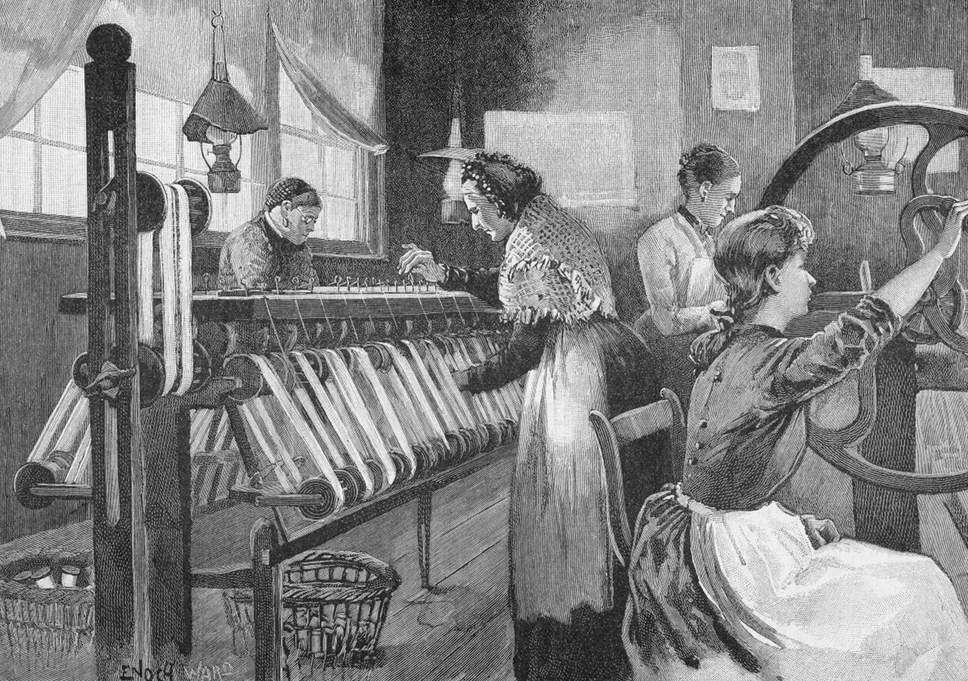There are no products in your shopping cart.
| 0 Items | £0.00 |


By Ayo Akinfe
[1] Today is April 8, a historic day when it comes to the use of religious capital as it was in this day in 1802 that the French Protestant Church became state supported and controlled. What this means was that on this day, the French government could access the funds of the Protestant Church for infrastructural uses and the development of France
[2] I am not surprised that the French government effectively nationalised the Protestant Church as prior to that the Catholic Church was effective part and parcel of the government. For the sake of fairness and equity, the Protestant Church had to be nationalised too. Across medieval Europe, nobody had the deep pockets of the church. If you look at most of the castles, cathedrals, city centres, statues, fountains, etc across Europe, most of them were built with church funds
[3] Across Europe, historically, the church was a great patron of engineering for the construction of elaborate cathedrals. Since the Renaissance, Catholic scientists like Galileo were central to the advancement of physics. Quiet sensibly, governments decided to tap into this wealth and use it for the betterment of society. Take or our leave it but the church has to be part of the Nigerian industrial revolution
[4] How many of you know that the Catholic Church was probably the world's largest slave trader? It owned ships, slave plantations and made billions of dollars from the trafficking in African human cargo. For example, Sir John Hawkins, the first slave-ship captain to bring African slaves to the Americas, was a religious man who insisted that his crew serve God daily and love one another. His ship, called The Good Ship Jesus, left the shores of his native England for Africa in October 1562. Some historians argue that if churches had used their power, the Atlantic slave trade might have never occurred
[5] Because the church collected 10% of peoples's wages in the form of tithes, across Europe, many of these churches were richer than the state. Nowhere across pre-World War Two Europe were people paying 10% of their wages as tax to the state, so it is no surprise to me that governments decided to nationalise churches so they could tap into their deep pockets
[6] What the European missionaries did not tell us when they brought us Christianity is that the across Europe and the Middle East, the church or temple was a centre of commercial life. They were kind of like our town centres of markets, where all sorts of things other than worship took place. Those of you fervent Christians know that Jesus Christ had an altercation with money changers at the temple in Jerusalem. Well that was the reality of the day. In most European cities, the largest marker was outside the biggest church. It made common sense as that is where the largest congregation gathered, so if you had goods to sell, you went there
[7] Nigeria is at a crossroads as we are now where Europe was in the 18th century with regards to the role of church and state and we simply need to act on it. If we do not seize this opportunity, I fear we may miss the boat forever. We have an annual infrastructural deficit of $100bn and a limited national budget of $30bn. We simply do not have the state funds to address our concerns but if we tap into the deep pockets of the church, I think e can raise the necessary funds to bring our infrastructure up to scratch
[8] There are about 90m Christians in Nigeria and let us say that one quarter of them pay tithes. Now, when you have 22m people paying 10% of their earnings, that is a huge sum. Our churches collect far more than the Nigerian government does in taxation and we need some lateral thinking about how to tap into this massive capital. My personal opinion has always been that the evangelical churches should merge their financial operations into one company called Man of God PLC and create a huge conglomerate that will engage in manufacturing, automobile assembly, oil exploration, solid mineral extraction, agri-business processing, etc. It should employ millions and generate a turnover higher than Nigeria's current budget. If Toyota has an annual turnover of $260bn, why can't Man of God Nigeria PLC generate $100bn a year?
[9] At the moment, churches engage in acts of charity but hey, that is not the solution. What we need is long term investment to create jobs not charitable handouts. Our government needs to come up with a blueprint that will make these churches part of the fabric of the Nigerian economy. Most churches in medieval Europe owned factories, plantations, workshops, guilds, ports, ships, etc. They employed thousands building all these cathedrals and in many cases, it was the church that regenerated many cities that had hitherto been agrarian. Is there any reason why we cannot do likewise?
[10] For the sake of equity and fairness, any Religious Investment Act 2019 must applies to mosques, traditional worship, Jewish synagogues, etc as well. It makes no sense going to borrow from China at 15% interest rates when we can raise this capital local from religious investors. For instance, why can our faith houses not bankroll the construction of this new railway network we are building? Let them build it and recoup their investment in the form of ticket fees. I put it to my people that if the Nigerian evangelical churches were given control of the Ajaokuta Steel Complex, they would make a success out of it.
It is time to think outside the box my people!